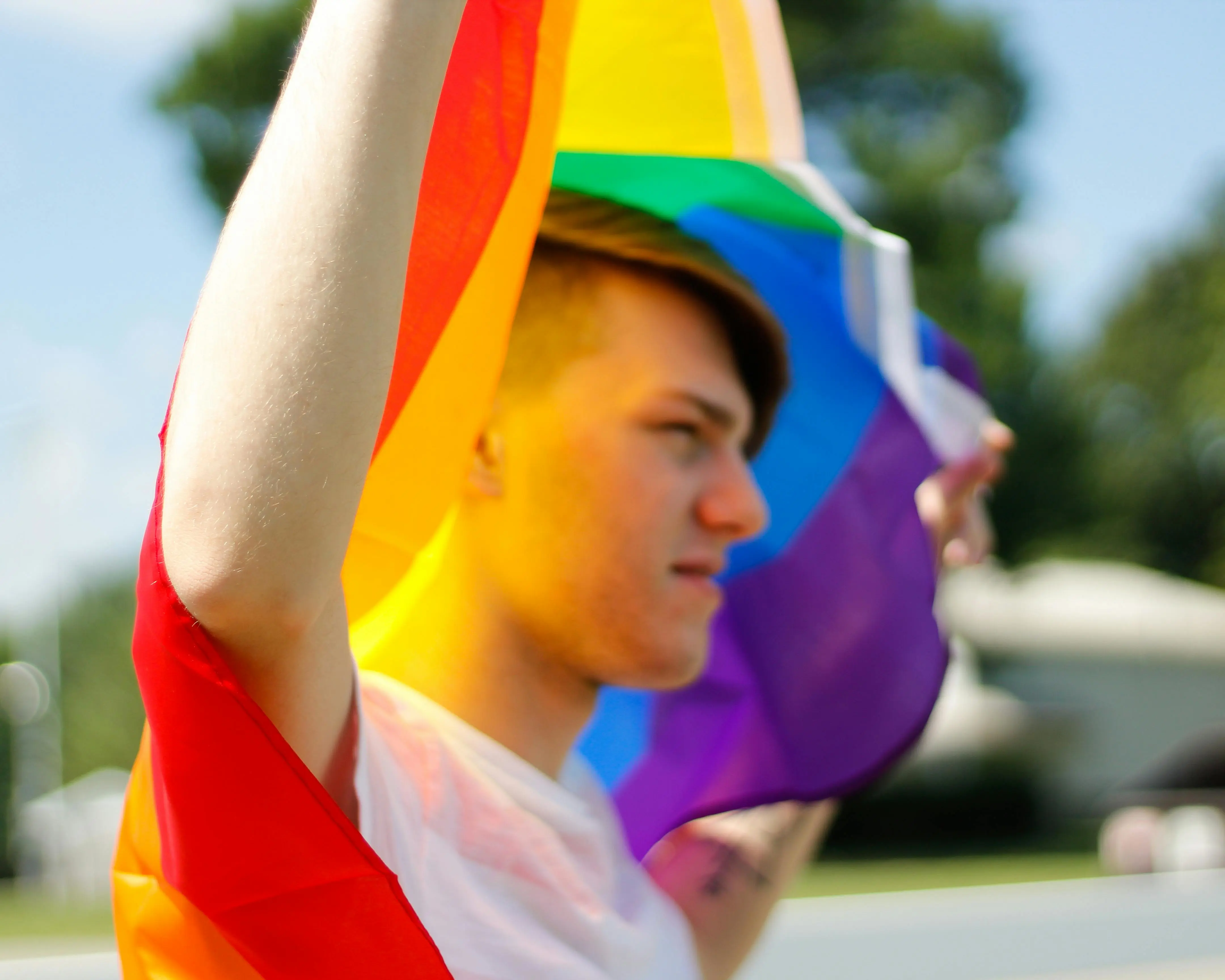
Additional information about the asylum process if you are LGBTQIA+
Share on social media:
Have you fled because you are lesbian, gay, bisexual, transgender or intersex? And do you therefore want to apply for asylum in the Netherlands? If so, it is important that you tell your lawyer and the Immigration and Naturalisation Service (IND) during the asylum procedure.
Being LQBTQIA+ is sometimes a reason to get asylum in the Netherlands
In the Netherlands, you can apply for asylum if you are in danger in the country you come from. So you can also apply for asylum if you are in danger because you are lesbian, gay, bisexual or transgender. And are not getting protection from the government in your country. Or even at risk from the government in your country.
Requirements for an asylum residence permit
Explain during the asylum procedure that you are LGBTQIA+
The asylum procedure is the same if you are LGBTQIA+ or not. You will have 2 interviews during the asylum procedure with an employee of the
If you are LGBTQIA+, it is important that you do the following during the asylum process:
Immediately explain during the 1st interview that you are LGBTIA+.
During the 2nd interview, explain in what way you are at risk in the country you come from. And explain this well. The IND wants to be sure that you really are LGBTQIA+ and that you are therefore in danger. And that you are not saying this because you want asylum.
Do you still not dare to say at the beginning of the procedure that you are LGBTQIA+? And do you want to do so later in the procedure? Or are you submitting another asylum application after your earlier application has been rejected? Then make sure that you explain well why you did not tell them earlier.
Registering in Ter Apel
The IND investigates whether you are granted asylum because you are LGBTQIA+
The IND investigates whether you are LGBTQIA+ and whether you are at risk by asking questions. The IND does not conduct medical tests to see if you are LGBTQIA+. Nor will you be mentally examined. And you do not have to say anything about or show sexual acts. Nor does the IND ask for photos or videos. The IND is only allowed to ask questions. The IND is not allowed to do the other things mentioned here.
In the past, the IND often did not believe stories from LGBTQIA+ individuals. Staff thought too much in stereotypes. The
The IND asks you these questions if you are LGBTQIA+
The IND's questions to you will be about your private life. For example, about your family, friends and relationships. For example, the employee will ask you if you are in a relationship now and if you had any relationships in the past. The employee will also ask if there was a particular moment when you realised you were LGBTQIA+. Do you come from a traditional or strict religious family? Then they will ask you to tell them, for example, what discovering your homosexuality was like for you and your family.
You will also be asked questions about being LGBTQIA+ in your country. For example, whether there are groups or places where LGBTQIA+ individuals meet in your country of origin. And what the laws are in your country about LGBTQIA+, for example whether you can be imprisoned. You will also be asked questions about discrimination, oppression and danger you face in your country of origin. For example, what you have experienced in the past in your country of origin and what you fear if you have to return to your country of origin. The more you can talk about what it is like (for you) to be an LGBTQIA+ individual in your country of origin, the better.
Here is what you can do to show you are LGBTQIA
When answering the questions during the interview with the IND, it is important that you explain as much as you can and give detailed information. Be honest in your answers and also tell them if you do no know an answer or have forgotten it. If you do not understand a question, you can say so.
Please also collect documents that show you are telling the truth. For example, consider photos of a party or tickets to a festival where many LGBTQIA+ people attend. Or receipts from certain cafes or photos of WhatsApp conversations. Documents that show that you got into trouble in your country of origin because you are LGBTQIA+ are also important. For example, a news report discussing the situation for LGBTQIA+ individuals in your country. Or a notice from a court stating that people receive punishment for being LGBTQIA+.
This is how to submit documents to the IND during the asylum procedure